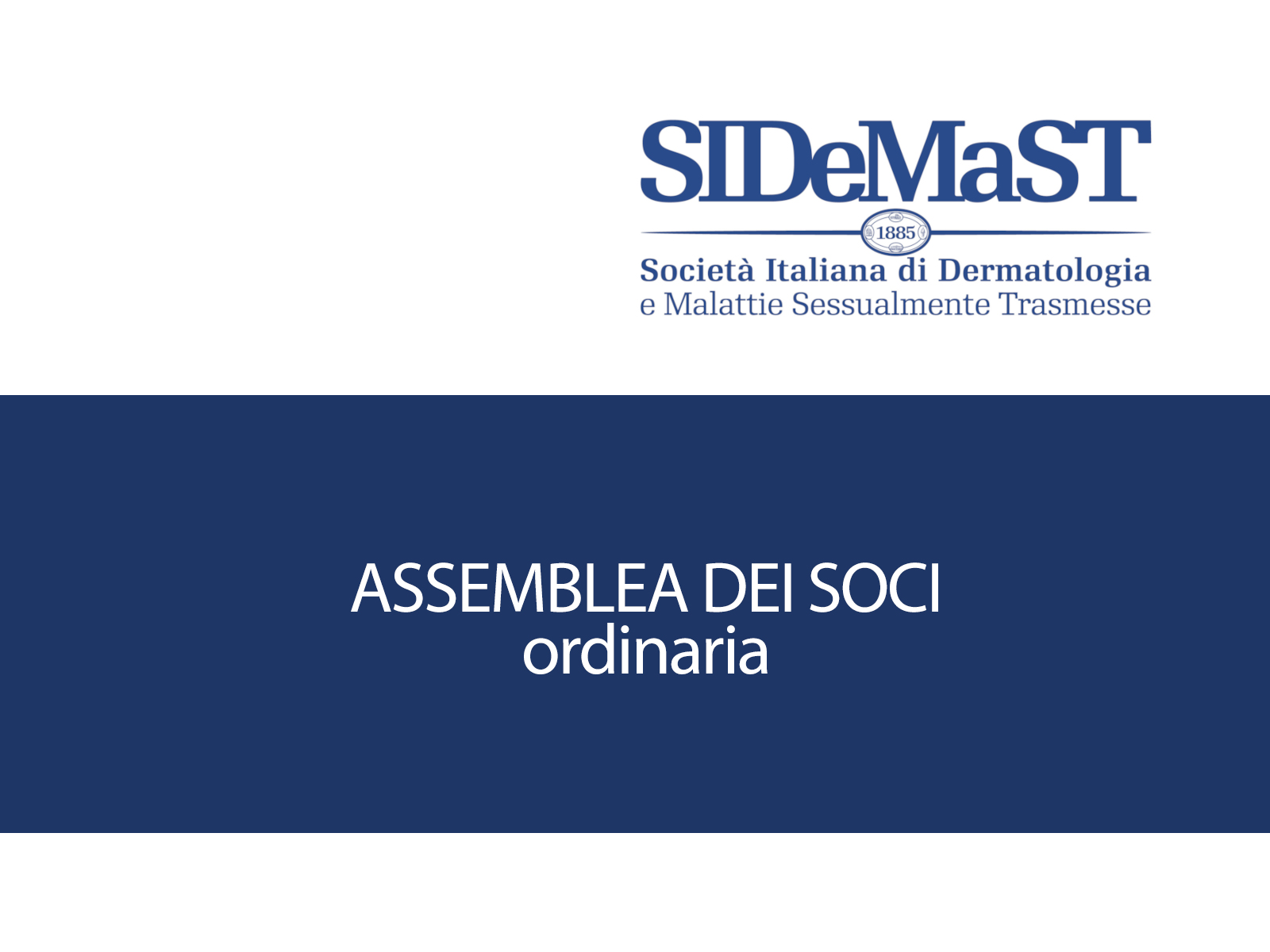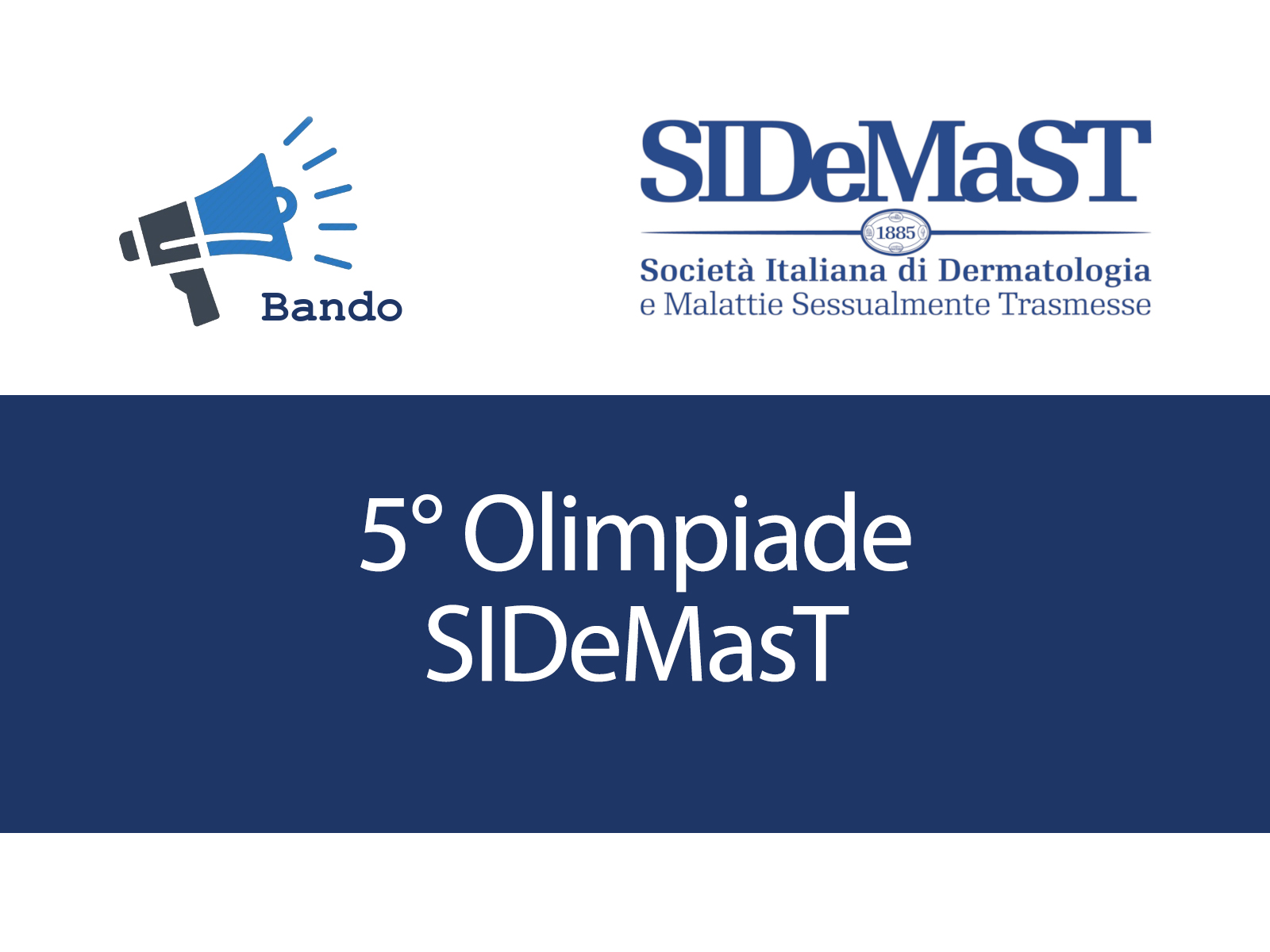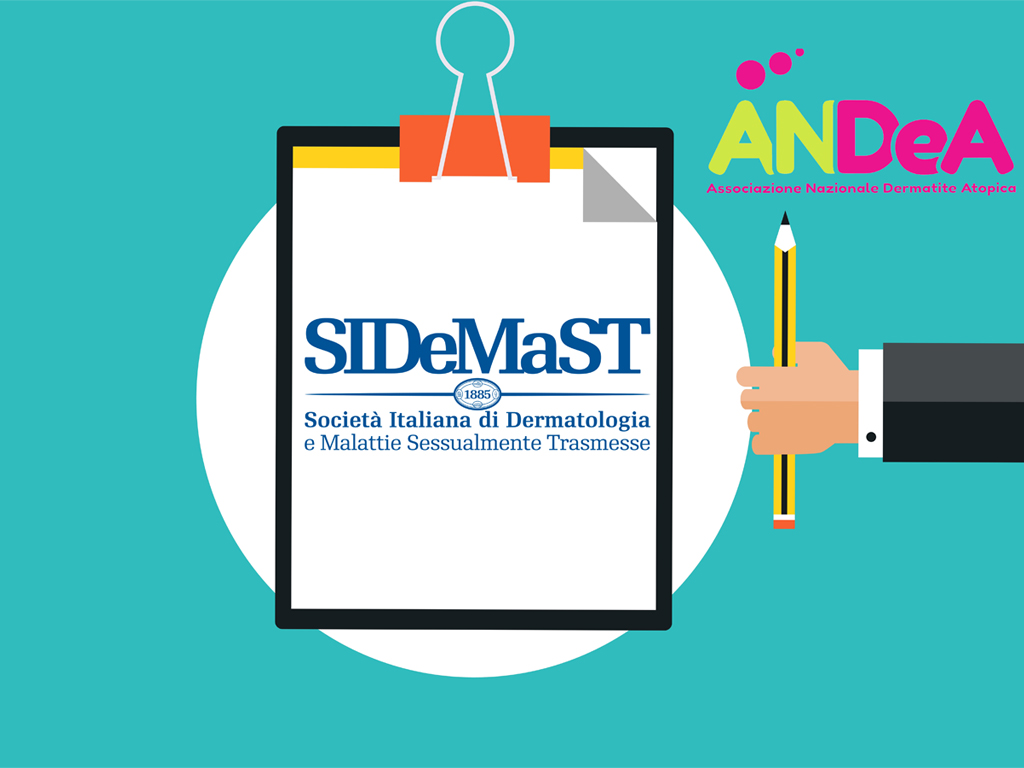Patients receiving apremilast for moderate plaque psoriasis reported improved quality of life and high satisfaction with the treatment, according to results from the prospective UNVEIL trial reported at the 26th European Academy of Dermatology and Venereology (EADV) Congress.
Patients in the UNVEIL study had a mean Dermatology Life Quality Index (DLQI) score of 11.0 and a mean Visual Acuity Scale score of 56.6 at baseline. As early as week 16, patients saw significant improvement and experienced a reduction of -4.8 in DLQI score with apremilast compared with -2 with placebo (P < .001).
The majority of patients reported improved quality of life; the difference between apremilast and placebo was significant for the proportion of patients achieving a minimal clinically important difference (MCID) representing a >=5-point improvement in DLQI score (P < .001).
"Patients with moderate plaque psoriasis affecting <10% of body surface area are often undertreated, and report impaired disease-related quality of life," stated Linda Stein Gold, MD, Henry Ford Health System, West Bloomfield, Indiana, speaking here on September 17.
Dr. Gold and colleagues randomised patients with chronic plaque psoriasis having a body surface area (BSA) of 5% to 10% and a static Physician's Global Assessment (sPGA) score of 3 (moderate, 0 to 5 scale) with no prior exposure to systemic treatments or biologics to receive apremilast at 30 mg twice daily (n = 148) or placebo (n = 73) for 16 weeks.
At week 16, the researchers switched subjects receiving placebo to apremilast; patients in the apremilast arm continued treatment through 52 weeks. Patients were administered the 10-question DLQI (range 1 to 20), pruritus visual analog scale (VAS; 0 to 100 mm) and the 14-item Treatment Satisfaction Questionnaire for Medication (TSQM; range 1 to 100).
"At week 16, patients also demonstrated improvement in the pruritus VAS, and both TSQM global satisfaction and effectiveness ratings were also significantly improved with apremilast versus placebo," noted Dr. Gold.
All improvements were sustained through week 52 in patients receiving apremilast initially, and patients who switched from placebo to apremilast also saw significant improvements.
At week 52, patients receiving apremilast demonstrated mean DLQI improvements from baseline of -4.4, and patients switched to apremilast showed a reduction of mean -5.1, with 59.4% of patients on apremilast/apremilast and 55.6% of patients receiving placebo/apremilast achieving the MCID on the DLQI.
By week 52, apremilast and placebo/apremilast patients showed reduced pruritus VAS scores of -20.8 mm and -25.3 mm from baseline, respectively.
"Safety and tolerability were consistent with the known safety profile of apremilast, and the incidence of adverse events did not increase with longer apremilast exposure," Dr. Gold commented.
The most common adverse events -- diarrhoea, nausea, headache, and nasopharyngitis -- occurred at an incidence of 28%, 19%, 15.2%, and 10.4%, respectively, with apremilast.
Patients had baseline mean scores on the Psoriasis Area Severity Index (PASI) of 8.1, and 7.2% of their BSA was involved with psoriasis.
Funding for this study was provided by Celgene, Summit, New Jersey.
[Presentation title: Impact on Quality of Life and Satisfaction With Apremilast in Patients With Moderate Plaque Psoriasis: 52-Week Results of the Unveil Study. Abstract #: P1954]







